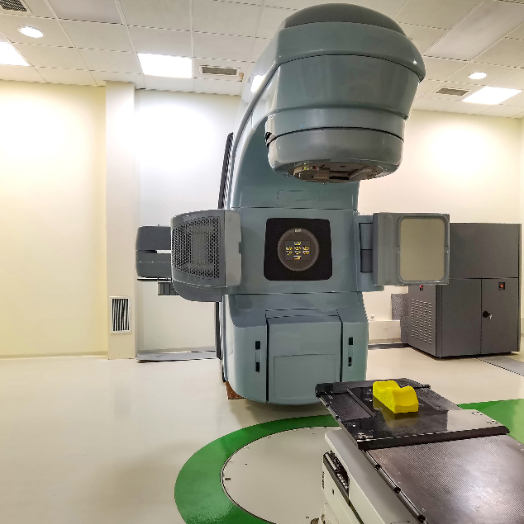There are several different types of targeted cancer therapies, including:
- Monoclonal antibodies: These are laboratory-made molecules that mimic the immune system's ability to recognize and attack cancer cells. They can be designed to specifically target proteins on the surface of cancer cells, or to block signals that cancer cells use to grow and divide.
- Small molecule inhibitors: These drugs are designed to target specific enzymes or proteins within cancer cells that are critical for their growth and survival. By blocking these targets, these drugs can prevent the cancer cells from dividing and growing.
- Immunotherapy: This approach uses the body's immune system to recognize and attack cancer cells. Immunotherapies can work by stimulating the immune system to recognize and attack cancer cells or by using laboratory-made molecules that can block signals that cancer cells use to evade the immune system.
- Gene therapy: This approach involves introducing genes into cancer cells that can either kill the cancer cells or make them more vulnerable to other treatments.
- Oncolytic virus therapy: This approach uses viruses that have been modified to selectively infect and kill cancer cells while leaving healthy cells unharmed.
Targeted cancer therapies have several advantages over traditional chemotherapy, radiation therapy, and surgery. They can be more effective at killing cancer cells while minimizing damage to healthy cells, and they often have fewer side effects. Additionally, targeted therapies can be designed to specifically target the genetic mutations that are driving the growth of a patient's tumor, leading to more personalized treatment.
